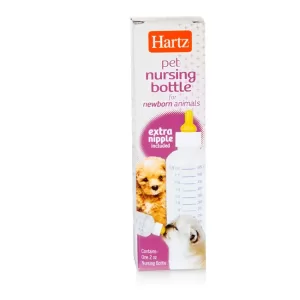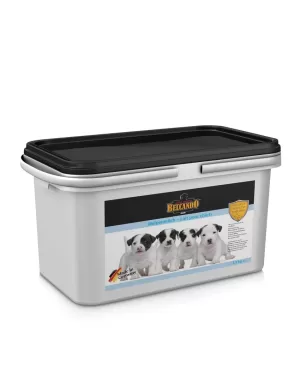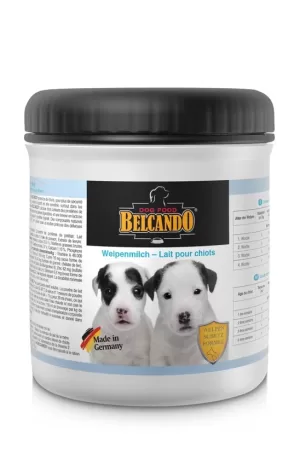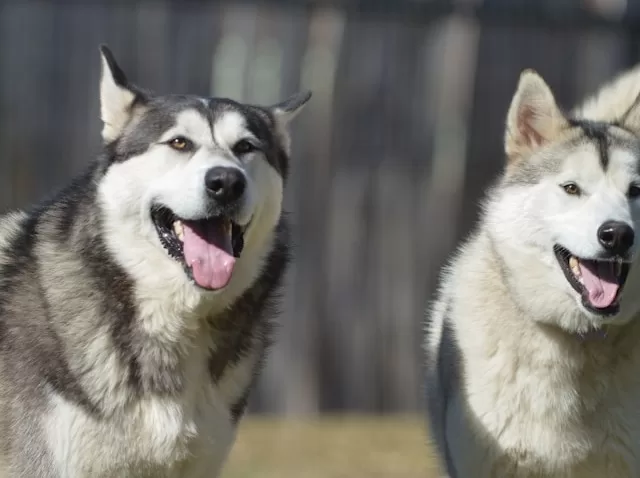Bringing a puppy into your home is an exciting time, and you want to make sure you’re providing the best care. One question that often comes up is whether puppies can have milk. Let’s dive into this topic and learn how to use milk safely for your adorable new companion.
Can Puppies Drink Milk?
Puppies start their lives drinking their mother’s milk, which gives them essential nutrients for growth. However, as puppies grow, their ability to digest milk can change. Many puppies become sensitive to a sugar called lactose found in regular cow’s milk. This can lead to tummy troubles like upset stomach, gas, and diarrhea.
Feeding Milk to Puppies
If you have a very young puppy that doesn’t have access to their mother’s milk, you might need to use a special milk replacer. These milk substitutes are made to provide all the necessary nutrients for your growing pup. You can find them at pet stores or ask your veterinarian for recommendations.
-
 Hartz Pet Nursing milk Bottle for Newborn AnimalsAED 18.00
Hartz Pet Nursing milk Bottle for Newborn AnimalsAED 18.00 -
 BELCANDO PUPPY MILK 2.5kgAED 220.00
BELCANDO PUPPY MILK 2.5kgAED 220.00 -
 BELCANDO PUPPY MILK 500grAED 100.00
BELCANDO PUPPY MILK 500grAED 100.00
Using Milk for Puppies
Choose the Right Milk Replacer: When looking for a milk replacer, opt for one specifically made for puppies. These products are designed to match the nutrients in mother’s milk and are easier for puppies to digest.
Follow Instructions: Always follow the instructions on the milk replacer packaging. They will provide guidelines on how much to give your puppy based on their age and weight.
Start Gradually: If you’re introducing a milk replacer to a very young puppy, start with small amounts. Their little tummies might need time to adjust.
Use Clean Equipment: Make sure the bottles and nipples you use for feeding are clean and sanitized. This helps prevent any harmful bacteria from getting into your puppy’s tummy.
Monitor for Reactions: Keep an eye on your puppy after feeding them the milk replacer. If you notice any signs of stomach upset, such as vomiting or diarrhea, stop the milk and contact your vet.
Transition to Solid Food: As your puppy grows, they will naturally start transitioning to solid puppy food. This is a crucial time for their development, so consult your vet for guidance on when and how to make this switch.
Avoid Cow’s Milk: Once your puppy is weaned and on solid food, it’s best to avoid giving them regular cow’s milk. Most dogs become lactose intolerant as they get older, and cow’s milk can upset their stomachs.
Remember, while milk can be helpful for very young puppies, it’s not a long-term replacement for their mother’s milk or a substitute for proper puppy food. Always consult your veterinarian to make sure you’re meeting your puppy’s nutritional needs.
Overall
milk replacers can be a helpful option for very young puppies who don’t have access to their mother’s milk. By choosing the right product, following instructions, and monitoring your puppy’s reactions, you can use milk safely as a part of their early nutrition journey.







